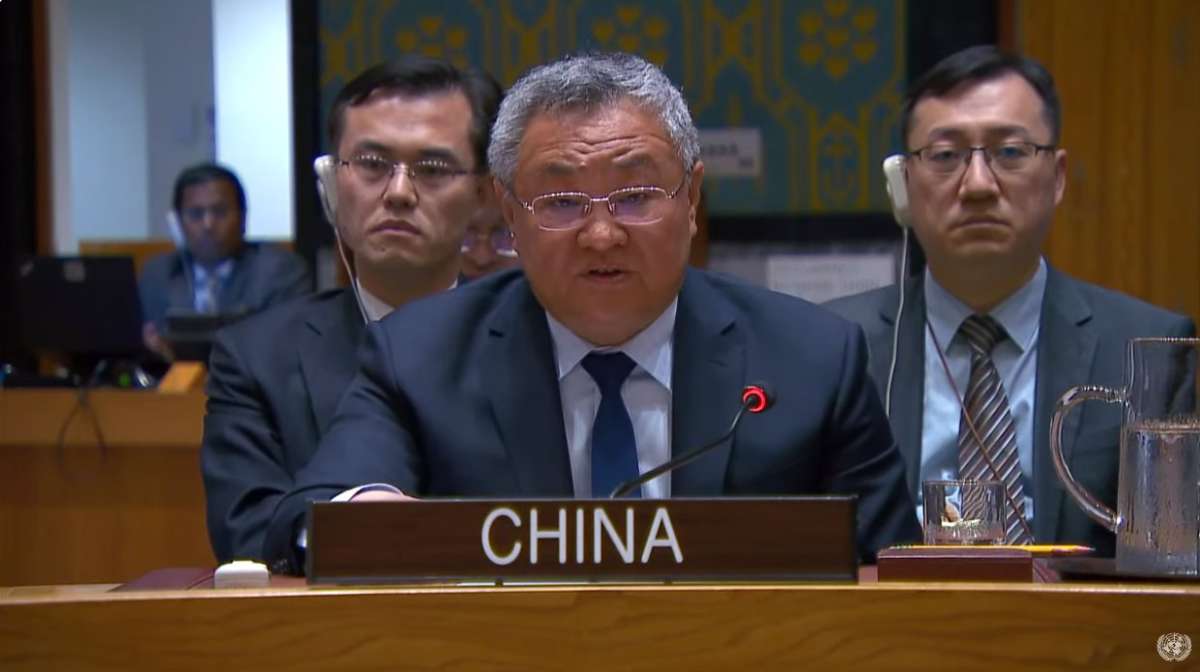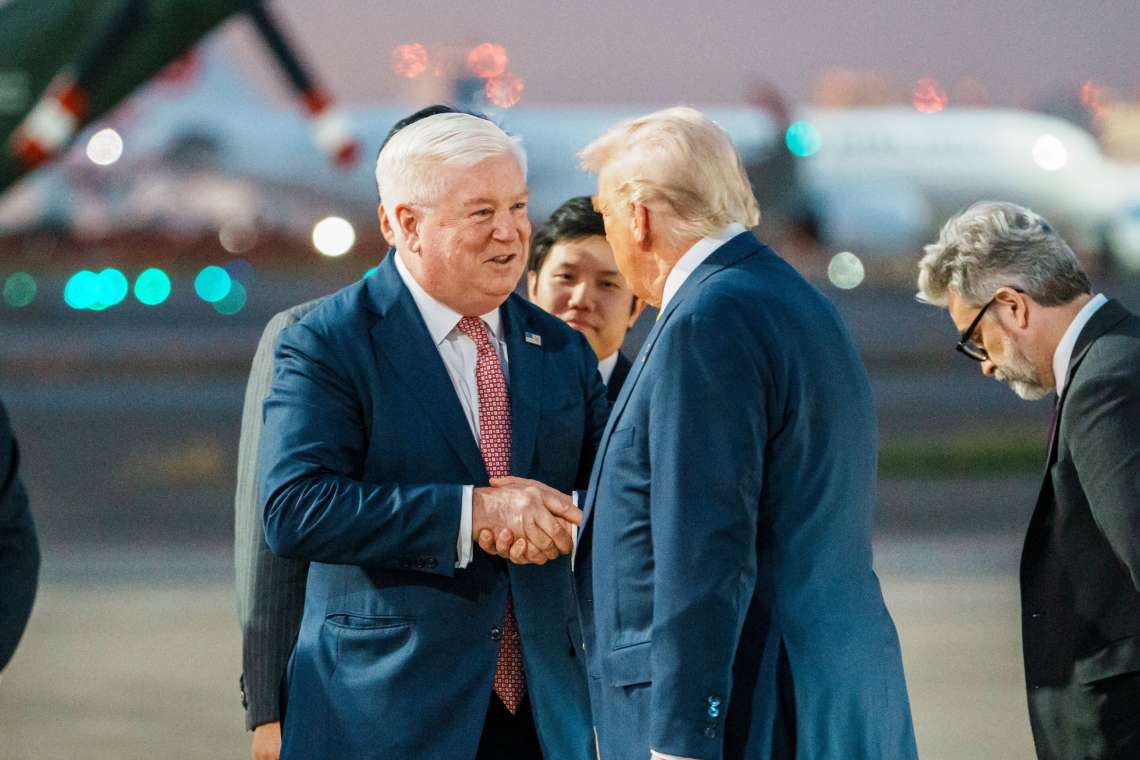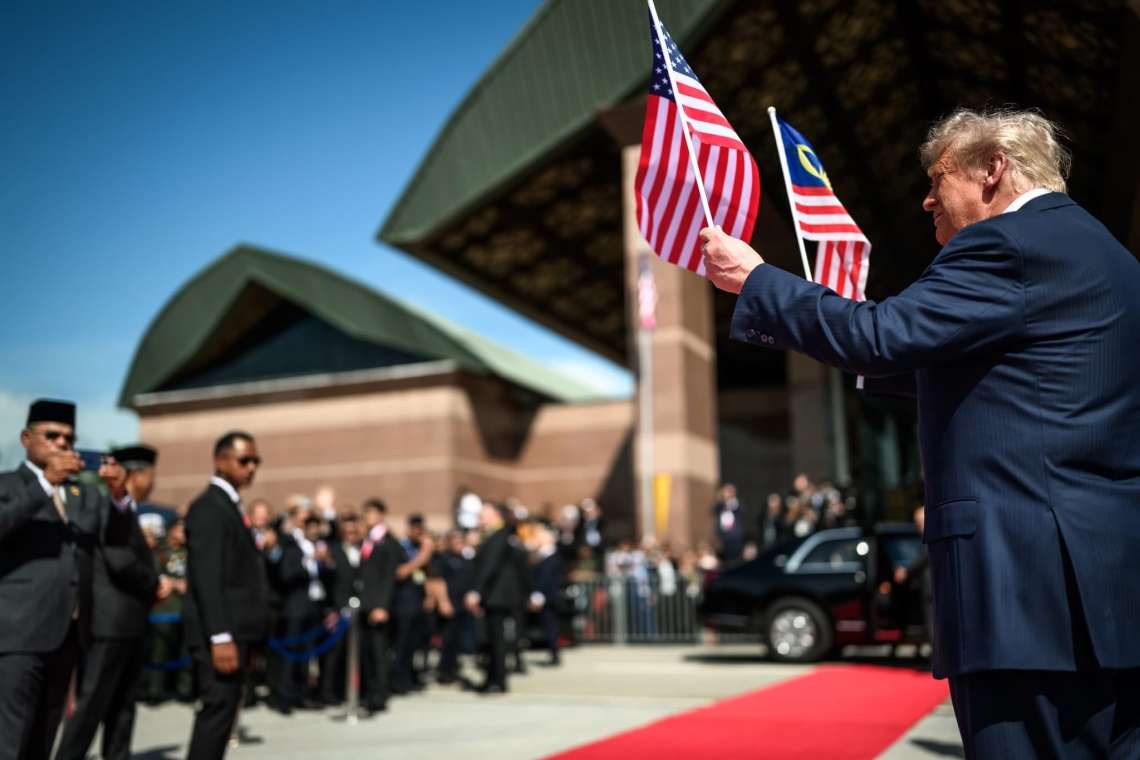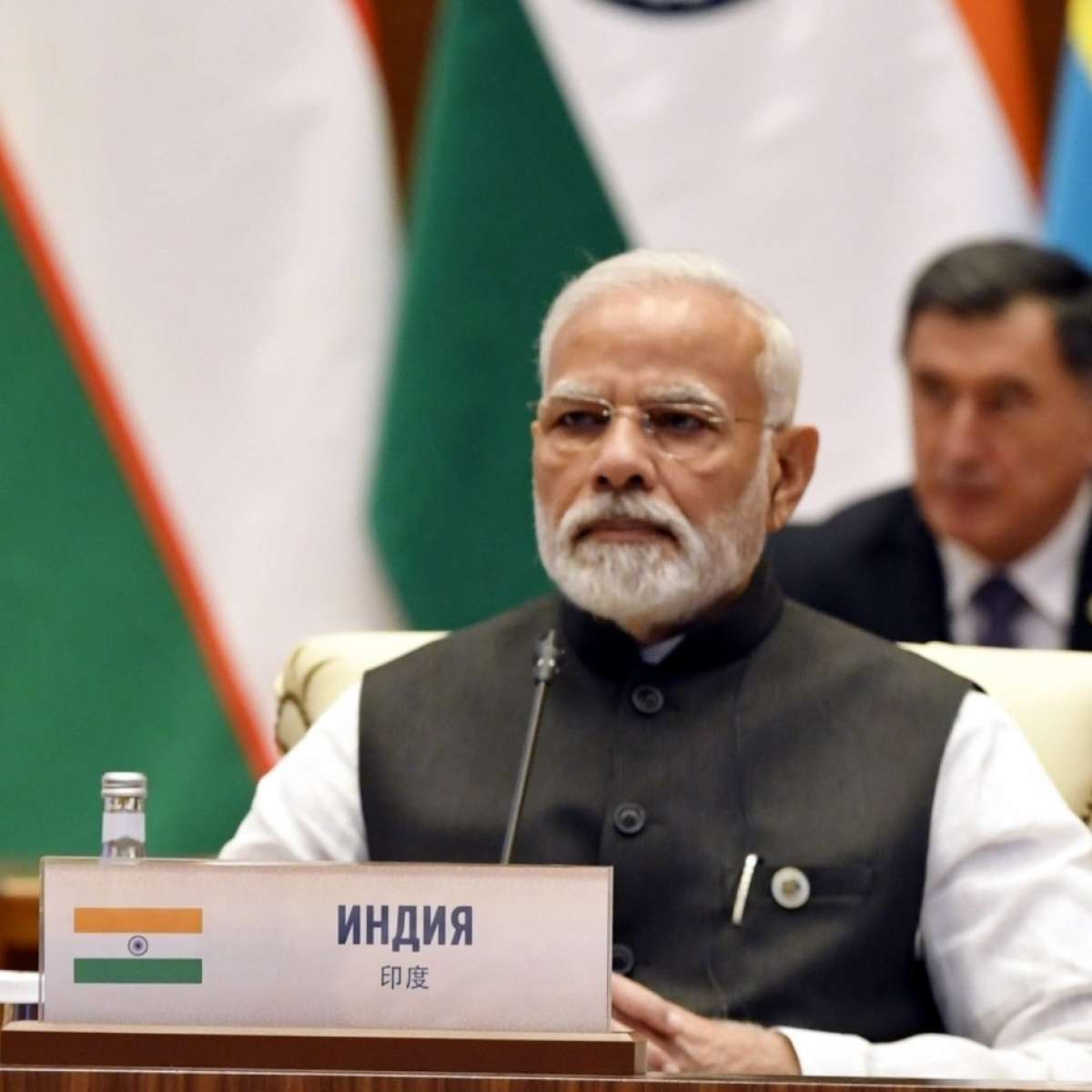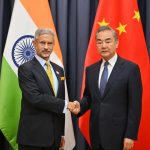Fu argued that the US actions undermine an inclusive business environment and called for Washington to reverse its decision…reports Asian Lite News
China’s UN envoy criticised US restrictions on certain AI investments in China, stating that they hinder the “healthy development” of AI technology and could cause divisions in global governance. Last month, the US issued draft rules to ban or require notification for investments in AI and other tech sectors in China that might threaten US national security.
“We are firmly opposed to these sanctions,” said Chinese UN Ambassador Fu Cong, following the UN General Assembly’s adoption of a Chinese-drafted resolution to enhance international cooperation on AI capacity-building. The resolution urges the global community to create a fair, open, inclusive, and non-discriminatory business environment for AI systems.
Fu argued that the US actions undermine an inclusive business environment and called for Washington to reverse its decision. He added that the US stance is not conducive to the healthy development of AI technology and risks dividing the world over AI standards and governance rules.
The US Treasury Department proposed the rules after President Joe Biden signed an executive order last August to prevent American expertise from aiding China in developing advanced technology and dominating global markets.
In June, China banned several business units of American aviation manufacturer Lockheed Martin Corp. and three of its executives over arms deals the company has signed with Taiwan, the self-ruling island it claims as its own territory, media reports said.
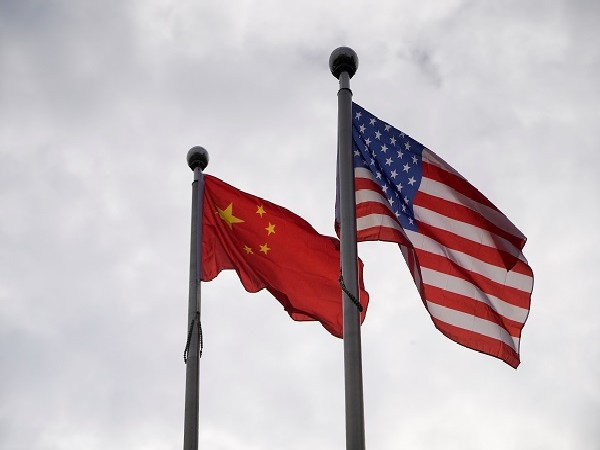
China’s Foreign Ministry said that the company’s cooperation with Taiwan had violated the country’s sovereignty, standard terminology in its discussions of any outside dealings that support the island’s government, The Independent reported.
The entities include Lockheed Martin Missile System Integration Lab, Lockheed Martin Advanced Technology Laboratories, and Lockheed Martin Ventures. All of their movable and immovable properties, and other kinds of assets within China shall be frozen, foreign ministry said.
The senior executives under sanction include James Donald Taiclet, chairman, president and chief executive officer; Frank Andrew St. John, chief operating officer; and Jesus Malave, chief financial officer.
China has been steadily growing its domestic aircraft industry, producing parts, planes and services for Airbus and producing its commercial jets. Foreign technology has played a large part in that process, but Chinese companies have increasingly developed the means to replace their overseas suppliers, The Independent reported.
In a bid to cut dependency on Chinese products, the US has banned, restricted or put high tariffs on hundreds of goods imported from the country in recent months to promote local manufacturing.
In May, the Office of the United States Trade Representative (USTR) further extended additional tariffs duties on about half of 429 products.
The USTR modified the actions in the “Section 301” investigation of China’s acts, policies, and practices related to technology transfer, intellectual property, and innovation by excluding additional duties on certain products of China.
The current 429 product-specific exclusions (352 previously reinstated exclusions and 77 COVID-related exclusions) are scheduled to expire on May 31, 2024.
In a new notice, the US trade regulator has announced to provide a 14-day transition period for all current exclusions, extending them through June 14, 2024, and to “extend certain exclusions through May 31, 2025”.


